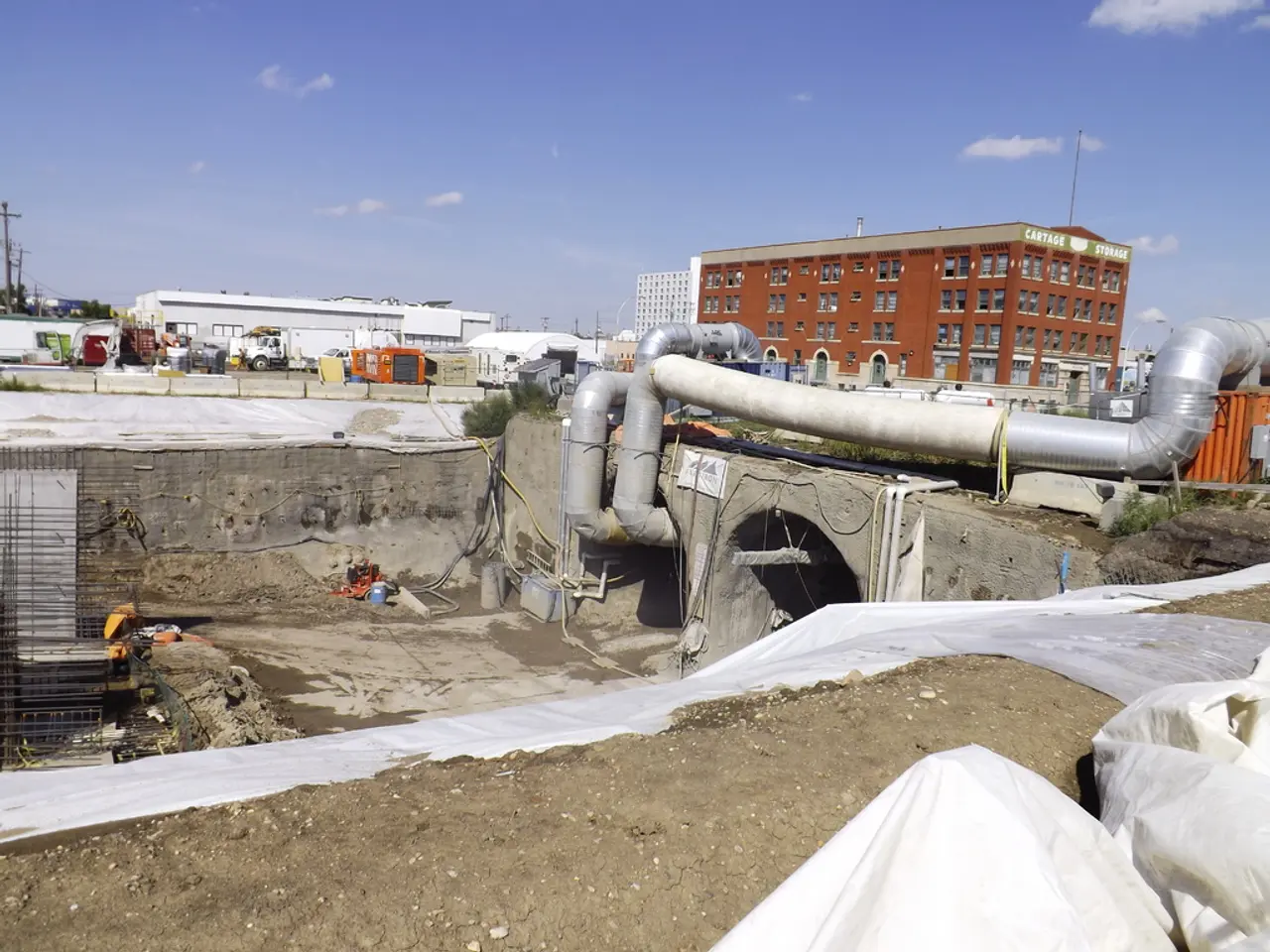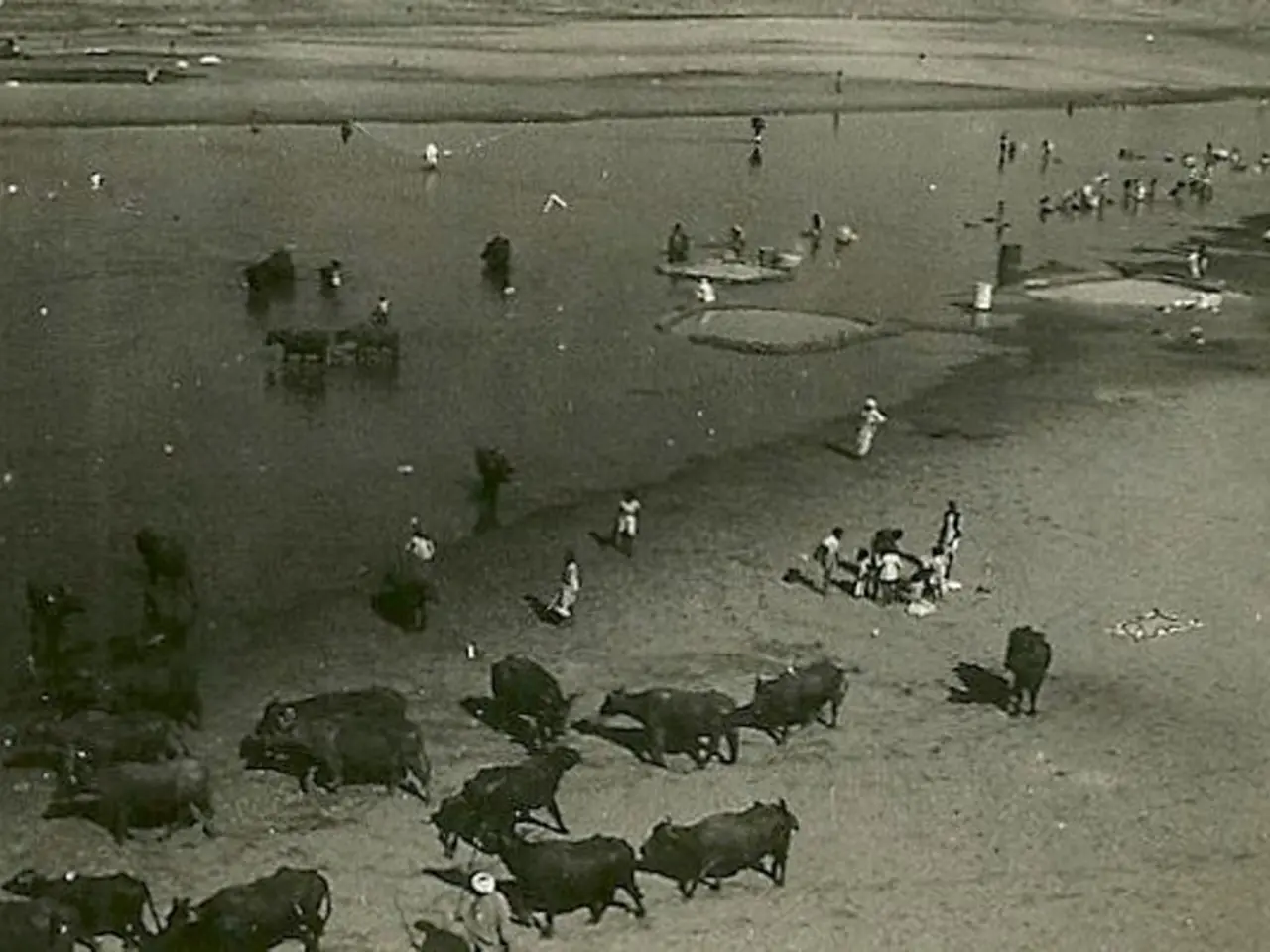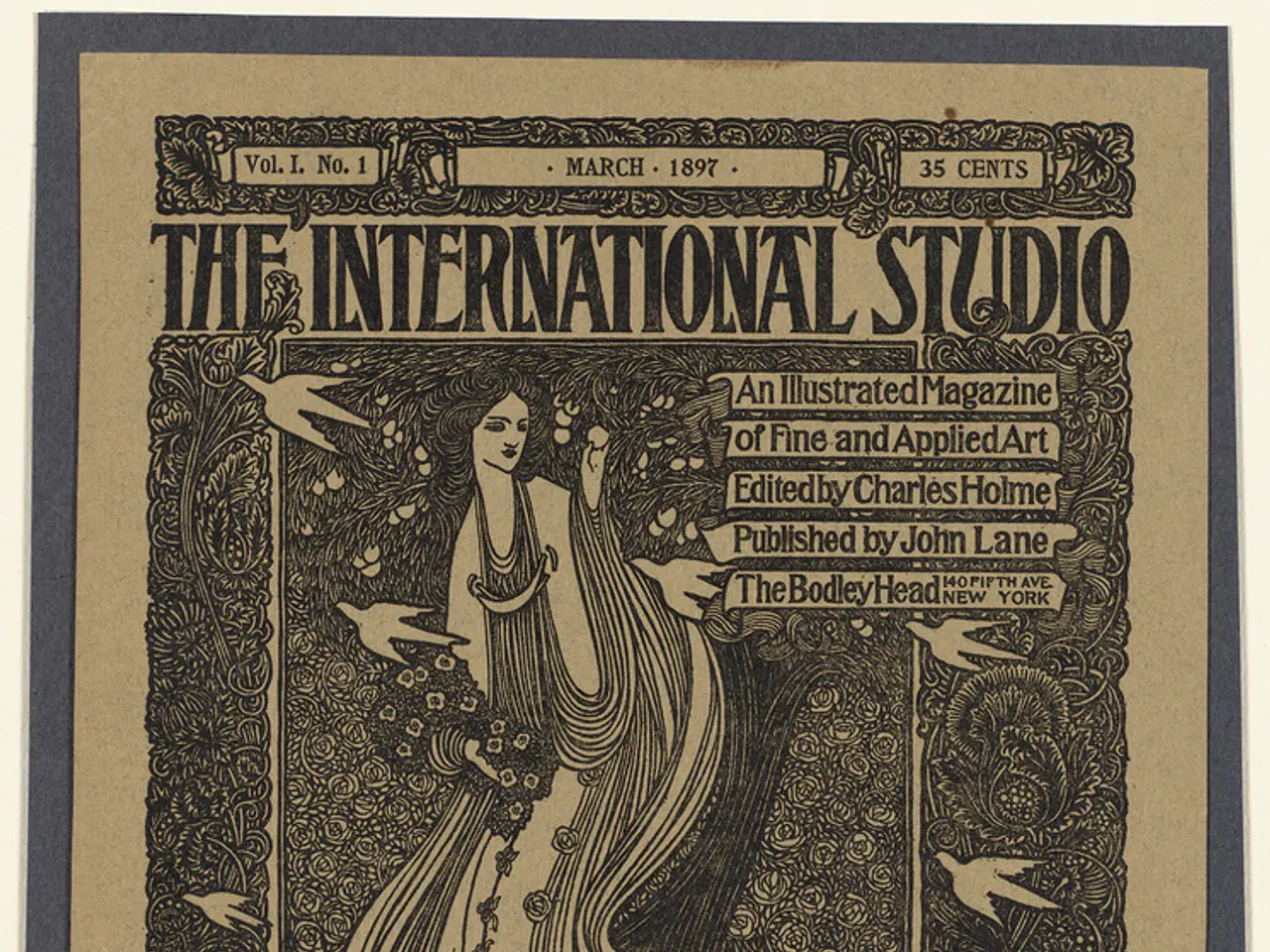Preparation for nation's division attributed to Umar Khalid, Sharjeel Imam; argued they are unworthy of bail: Solicitor General Tushar Mehta in Delhi High Court
The Delhi High Court has reserved its verdict on the bail applications of Umar Khalid, Sharjeel Imam, and others involved in the 2020 Delhi riots case. The key arguments and details of the case have been presented over the past two years, with the court hearing the matter multiple times.
According to the prosecution, led by Solicitor General Tushar Mehta, Umar Khalid and Sharjeel Imam were part of a conspiracy to divide the nation on religious lines. This, the prosecution argues, is not a valid ground for bail. Mehta also emphasized that the riots were not spontaneous but part of a pre-planned conspiracy with a sinister motive, and that prolonged incarceration itself is not a legal basis for bail.
The prosecution believes that the intent to "bleed and break the nation" disqualifies the accused from bail. Solicitor General Mehta accused "intellectuals" of attempting to divide the country along religious lines and stated that long incarceration in cases of anti-national activities is not a factor because it is an attack on the sovereignty of the country.
The defense, on the other hand, claims that Sharjeel Imam was disconnected from the location and timing of the riots and that his speeches and WhatsApp messages did not incite violence. The defense also cited prolonged detention and sought parity with co-accused who have already been granted bail.
The riots, according to the prosecution, were orchestrated for all-India impact, starting at the capital. The intention of the accused was to globally defame India by choosing a particular day for more arson and rioting. The accused have sought bail mainly due to the delay in the trial, leading to their prolonged incarceration in jail.
The court's decision is awaited, and no final verdict has been announced yet. The accused face charges under the Unlawful Activities (Prevention) Act (UAPA) and the Indian Penal Code, accused of masterminding the February 2020 Delhi riots. The riots, the prosecution argues, were a well-orchestrated conspiracy aimed at achieving a "sinister goal" of dividing and defaming India.
The accused, including Umar Khalid, Sharjeel Imam, Gulfisha Fatima, Khalid Saifi, and others, have been in prison while awaiting trial in the Delhi riots case for many years. The court's verdict on the bail applications will be a significant development in the case.
The political implications of the forthcoming verdict in the Delhi riots case, involving Umar Khalid and Sharjeel Imam, are substantial, as it could set a precedent for bail applications in general-news matters like crime-and-justice, particularly those involving charges under the Unlawful Activities (Prevention) Act (UAPA). The defense argument for bail, based on prolonged detention, has been met with scrutiny, as the prosecution argues that the delayed trial serves as evidence of the riots' all-India impact and sinister motive.








